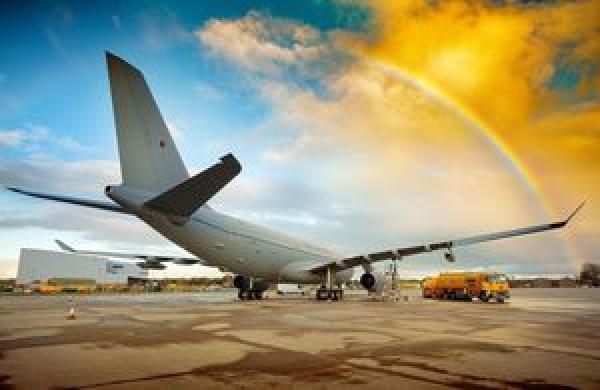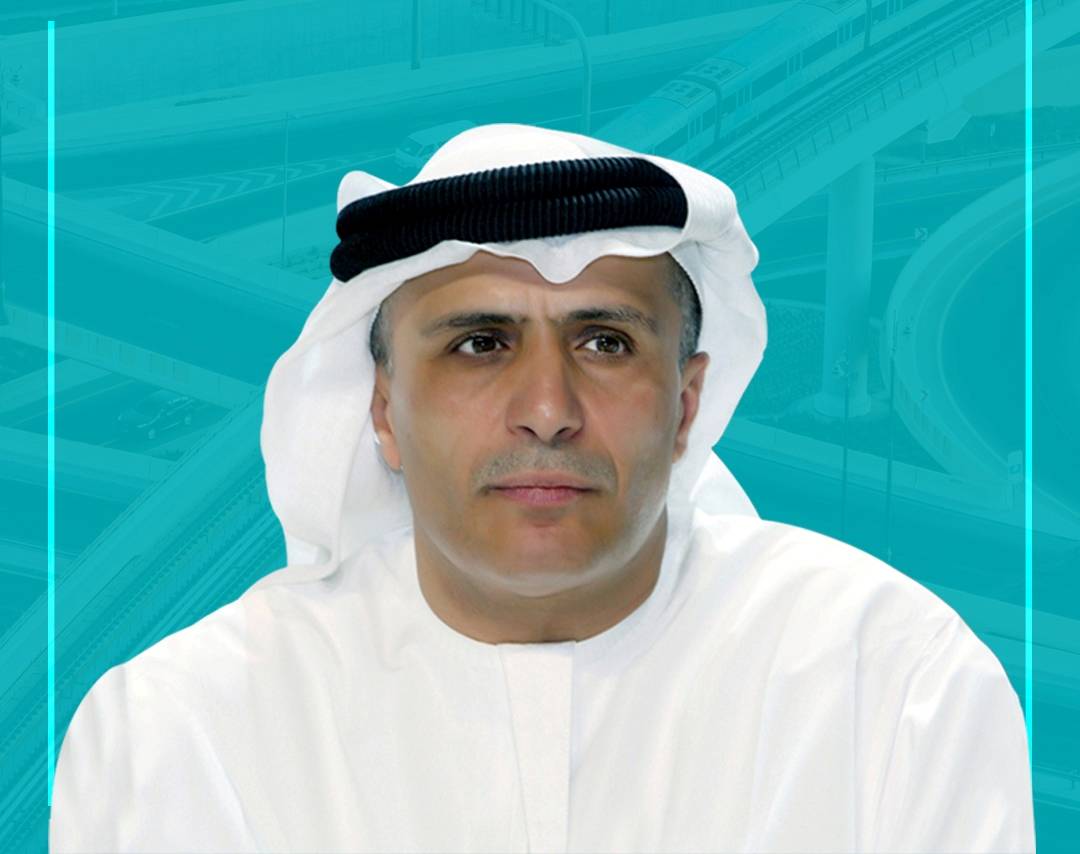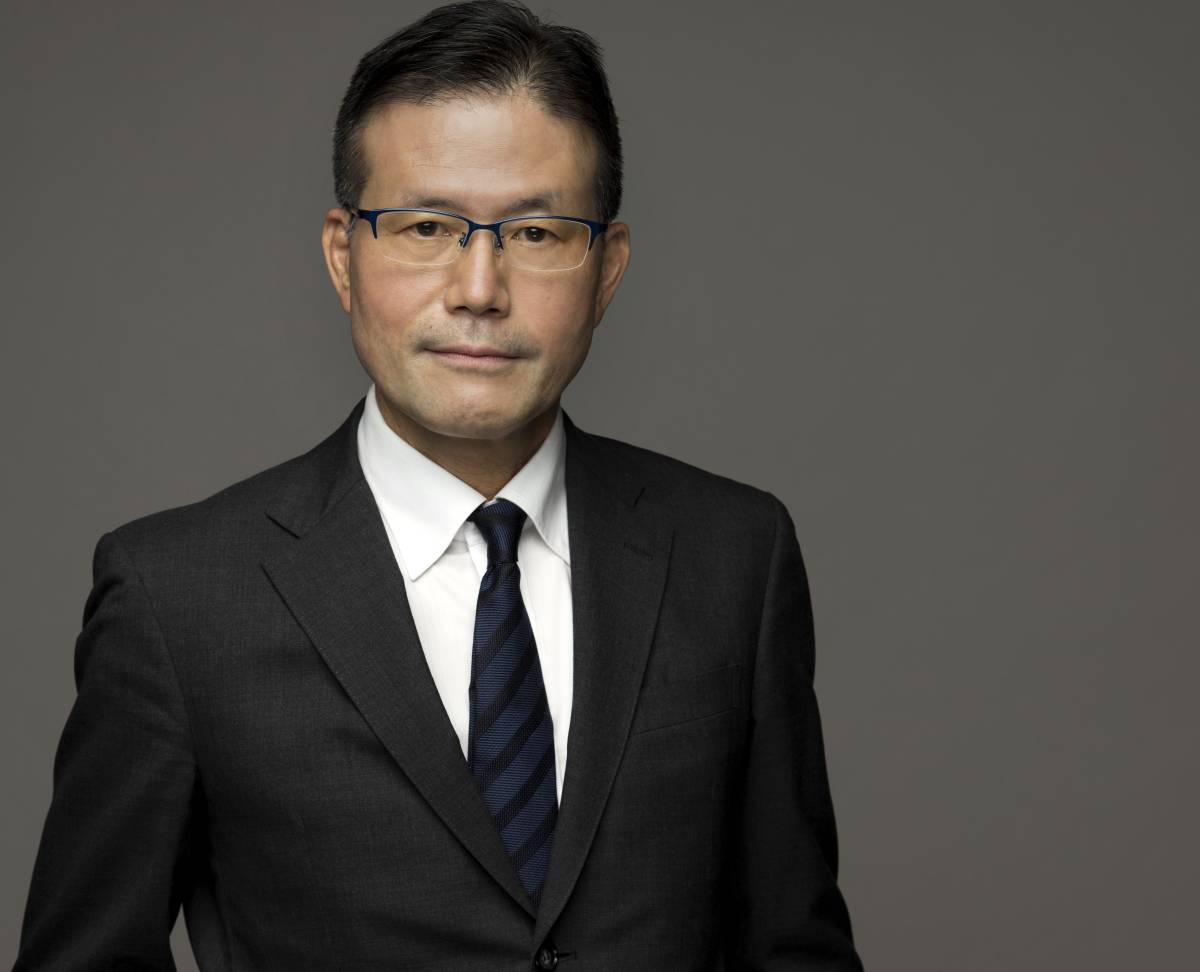Defence Minister Baroness Goldie said, “The Royal Air Force has flown the UK’s first military air transport flight using 100% sustainable aviation fuel on one of their operational Voyager aircraft…reports Asian Lite News
An RAF Voyager – the military variant of an Airbus A330 – took to the skies over Oxfordshire powered entirely by 100% sustainable aviation fuel (SAF), paving the way for a range of possibilities for the future of flying military and civilian aircraft.
The flight, which took place on Wednesday, was a joint endeavour between the RAF, DE&S and industry partners Airbus, AirTanker and Rolls-Royce, with the fuel supplied by Air bp.
Sustainable aviation fuel – which is made from waste-based sustainable feedstocks, such as used cooking oil – reduces lifecycle carbon emissions on average by up to 80% compared to the conventional jet fuel it replaces, lessens the RAF’s reliance on global supply chains, and improves operational resilience.
Defence Minister Baroness Goldie said, “The Royal Air Force has flown the UK’s first military air transport flight using 100% sustainable aviation fuel on one of their operational Voyager aircraft. They should be rightly proud of this achievement; it is a breakthrough moment for the RAF and an exciting development for the MOD. Through the RAF’s pioneering spirit, expertise and partnership with UK industry, British science and engineering is leading the way in improving operational resilience and developing future operating capability in a climate-changed world. Different approaches will suit different platforms and environments. As such, a range of alternative fuel options are being looked at to ensure the UK is at the forefront of this developing technology.”
Wednesday’s 90-minute flight from RAF Brize Norton, flown by a combined RAF, Rolls-Royce and Airbus flight test crew, replicated an air-to-air refuelling sortie and was witnessed by senior RAF and industry representatives. It demonstrated the RAF’s potential for its future operational capability, ensuring the ability to contribute to UK defence wherever and whenever required.
Chief of the Air Staff, Air Chief Marshal Sir Mike Wigston said, “Climate change is a transnational challenge that threatens our resilience, our security and our collective prosperity. That is why I have set the RAF the ambitious challenge of becoming the world’s first net-zero Air Force by 2040. The way we power our aircraft will be key to meeting that challenge and the RAF is already thinking about how we will operate beyond fossil fuels. This exciting trial flight of a Voyager from RAF Brize Norton powered entirely by Sustainable Aviation Fuel is an important milestone on that journey, and marks another technological first for the RAF alongside our industry partners. Engineers from Airbus’ Commercial Aircraft and Defence and Space divisions have been working with the RAF, Rolls-Royce and Airtanker testing the aircraft’s performance and handling on the ground and in the air in preparation for the final flight with both engines powered by 100% SAF.”
Aviation Minister at the Department for Transport, Baroness Vere said, “Our Jet Zero Strategy made clear that sustainable aviation fuels are key to greener flight for both military and civilian aviation. This is a win for the planet and a testament to British ingenuity. We have launched the £165 million Advanced Fuels Fund to kickstart a homegrown SAF industry, as well as challenging the sector to deliver the first net zero transatlantic flight next year. This breakthrough test flight is just one of the ways the RAF is actively working to reduce lifecycle carbon emissions produced by flying its aircraft. Other innovations have included a world-first, record breaking microlight flight using synthetic fuel, flying an electric aircraft at RAF Cranwell and creating fuel from genetically modified bacteria.”
In addition to supporting the use of Sustainable Aviation Fuel in the Armed Forces, the Royal Air Force Commander in Chief HM King Charles III has also supported an increase in its adoption in the private sector though the Sustainable Markets Initiative. The SMI is a network of global CEOs from across all industries, working together to accelerate a sustainable future in line with its mandate. Part of the SMI’s work is raising awareness of SAF amongst the business community and encourage greater SAF uptake in corporate travel in addition to increased purchase agreements to encourage demand from the public and private sectors.
ALSO READ-Royal Navy infrastructure protection ship accelerated


